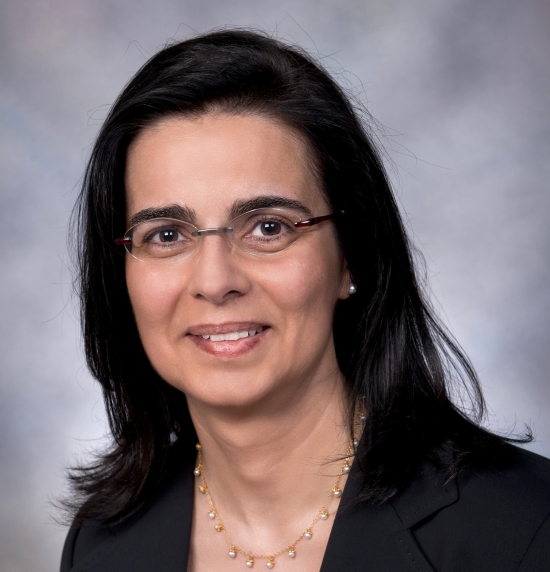Colloquium
Computing for Robots and Biomolecules
Add to Google Calendar

Over the last decade, the development of fast and reliable motion planning algorithms has deeply influenced many domains in robotics, such as industrial automation and autonomous exploration. Motion planning has also contributed to great advances in an array of unlikely fields, including graphics animation and computational structural biology.
This talk will first describe how sampling-based methods revolutionized motion planning in robotics. The presentation will quickly focus on recent algorithms that are particularly suitable for systems with complex dynamics. The talk will then introduce an integrative framework that allows the synthesis of motion plans from high-level specifications. The framework uses temporal logic and formal methods and establishes a tight link between classical motion planning in robotics and task planning in artificial intelligence. Although research initially began in the realm of robotics, the experience gained has led to algorithmic advances for analyzing the motion and function of proteins, the worker molecules of all cells. This talk will conclude by discussing robotics-inspired methods for computing the flexibility of proteins and large macromolecular complexes with the ultimate goals of deciphering molecular function and aiding the discovery of new therapeutics.
Lydia E. Kavraki is the Noah Harding Professor of Computer Science and professor of Bioengineering at Rice University. She received her B.A. in Computer Science from the University of Crete in Greece and her Ph.D. from Stanford University. Her research focuses on physical algorithms and their applications in robotics, computational structural biology, and translational bioinformatics. Kavraki has authored more than 200 peer-reviewed journal and conference publications and is one of the authors of the widely-used robotics textbook titled "Principles of Robot Motion" published by MIT Press. Kavraki currently serves as an associate editor several journals including the International Journal of Robotics Research, the ACM/IEEE Transactions on Computational Biology and Bioinformatics, Frontiers in Molecular Biosciences, and Springer Tracts in Advanced Robotics. She is the recipient of the 2000 Association for Computing Machinery (ACM) Grace Murray Hopper Award, a Fellow of ACM, IEEE, AAAS, AAAI, AIMBE, and a member of the National Academy of Medicine.
 MENU
MENU 
